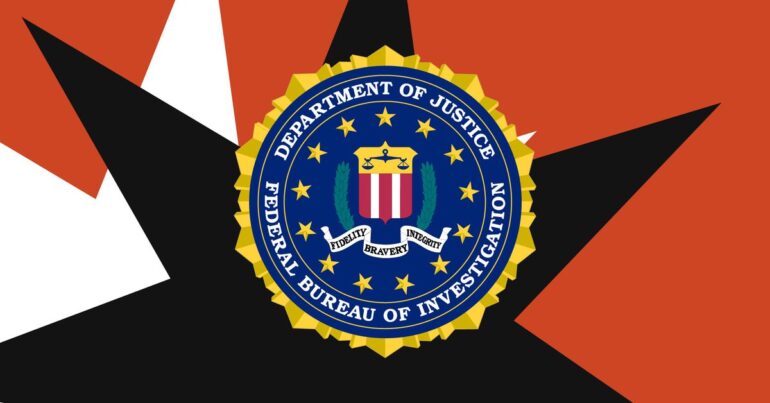- The US Department of Justice appointed Jonathan Mayer as the first Chief AI Officer.
- Mayer will oversee internal and external AI applications, focusing on legal policies and capacity-building.
- Appointment aligns with President Biden’s executive order on AI safety and innovation.
- Mayer’s expertise bridges computer science, public policy, and legal domains.
- The emerging Technology Board was established under Mayer’s leadership to govern AI deployment.
Main AI News:
The US Department of Justice has taken a significant step in its integration of artificial intelligence (AI) by appointing its first chief AI officer, Jonathan Mayer. This move, spearheaded by US Attorney General Merrick Garland, signals a pivotal moment in the legal landscape surrounding AI technology.
Mayer, a distinguished figure in both computer science and public policy, brings a wealth of expertise to his dual role as the DOJ’s chief AI officer and chief science and technology officer. With his appointment, the DOJ aims to fortify its readiness to navigate the complexities of emerging technologies, as highlighted by Garland’s statement emphasizing preparedness for both challenges and opportunities.
President Joe Biden’s recent executive order on AI underscores the imperative for federal agencies to prioritize AI safety and security. In alignment with this directive, Mayer’s role will encompass coordinating AI utilization, fostering innovation, managing associated risks, and fulfilling overarching responsibilities within the DOJ.
As part of his mandate, Mayer will contribute to the DOJ’s technology capacity-building initiatives, including recruitment strategies for technical talent. His placement within the Office of Legal Policy underscores the intersection of technical prowess and policy acumen necessary to tackle multifaceted issues such as AI and cybersecurity.
Furthermore, Mayer will spearhead the newly established Emerging Technology Board, tasked with overseeing the deployment and governance of AI and other emerging technologies across the department. This strategic initiative underscores the DOJ’s commitment to staying at the forefront of technological advancements while adhering to ethical and legal frameworks.
Industry experts have lauded the DOJ’s decision to enlist Mayer’s expertise. Ritu Jyoti, Group Vice President for AI and Automation at IDC, emphasizes the significance of Mayer’s comprehensive skill set, noting the pivotal role of ethical leadership in leveraging AI for innovation responsibly.
Similarly, Mike Demler, an independent technology analyst, underscores the necessity of technological proficiency within governmental institutions. He stresses the pivotal role of AI expertise in addressing national security concerns and safeguarding against potential misuse of AI technologies.
Mayer’s illustrious background, spanning from academia to government advisory roles, positions him as a key asset in navigating the evolving landscape of AI governance and implementation within the DOJ. His appointment underscores a broader recognition of the critical intersection between technology, policy, and ethics in shaping the future trajectory of AI within governmental frameworks.
Conclusion:
The appointment of Jonathan Mayer as the inaugural Chief AI Officer at the US Department of Justice signifies a strategic move towards enhancing the integration of AI within legal frameworks. Mayer’s multifaceted expertise and the establishment of the Emerging Technology Board underscore a commitment to leveraging AI responsibly while navigating legal complexities. This development signals increasing recognition of AI’s pivotal role in governmental operations, potentially fostering a market demand for AI expertise in legal and regulatory sectors.

